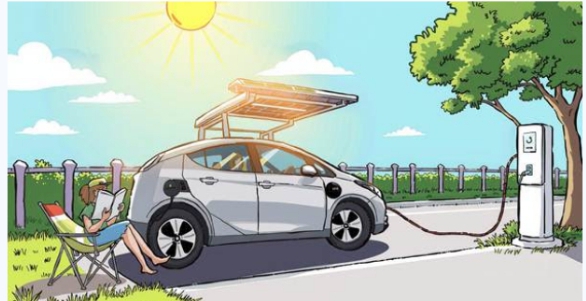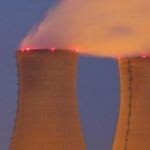By Haley Zaremba
Although nuclear is often touted as an ultra-efficient and therefore affordable as well as clean alternative to fossil fuels, some states are beginning to discover that this is not necessarily the case as their local governments pour more and more money into nuclear plant subsidies only to see the nuclear industry come back with palms outstretched again and again.
One such state is Connecticut, where local news source the Connecticut Mirror just published a direct-to-the-point op-ed aptly titled “Nuclear plants will require ever-increasing subsidies”. The author Joel Gordes, a Connecticut-based energy and environmental strategist, argues that since the very beginning of nuclear energy in their country, when the argument for the resource was that nuclear energy was dirt cheap, nuclear has been deceptively pricey and getting pricier all the time.
“Please consider,” Gordes implores the reader, “the very basic fact that we have gone from nuclear technology sold in the 70s on the basis of being ‘too cheap to meter’ to one where they have been begging and receiving for what amounts to yet more subsidies. Even with the ‘too cheap to meter’ claim, in its heyday the nuclear industry was the recipient of huge amounts of subsidy in numerous forms.”
Gordes goes on to finish his denunciation of his state’s nuclear policy by imploring the government to rethink their history handouts: “With that, I suggest our leaders and regulators very carefully consider any actions contemplated to further subsidize this technology since that might add to its eventual stranded cost that will hold up newer, lower cost decentralized, modular and more secure options. Even more important is that aging plants may, themselves, present an existential danger to the citizens of the state.”
Meanwhile, energy insiders in Illinois are singing a similar tune. Chicago-based nuclear electric power generation company Exelon won ratepayer-funded subsidies for two nuclear plants in its home state just three years ago, and now it’s back in Springfield to ask for similar monetary support for other cash-strapped nuclear plants that have not yet had the benefit of a bailout. The bill will be voted on by the State of Illinois’ House Public Utilities Committee this week.
While Exelon is lobbying hard for more government support, however, it is receiving a fair amount of scrutiny and backlash. Just this month Monitoring Analytics released a “bombshell report” with the surprising findings that all five of Exelon’s nuclear plants in Northern Illinois are not in dire financial distress, but are in fact profitable, and are projected to continue to be so through 2021–by conservative estimates.
According to the Monitoring Analytics report, Exelon’s five Illinois-based nuclear plants will see a total estimated profit of approximately $472 million this year alone. What’s more, each individual plant will turn its own profit. Even in 2021, when it is anticipated that revenue will begin to decline, altogether the plants are still projected to earn a profit of $228 million–much lower, to be sure, but still a far cry from bankruptcy. The report has thrown doubt upon Exelon’s stance that the subsidy bill up for vote this week, which would legislate a very complex matter with massive consequences for Illinois’ power industry and energy market, is a matter of both urgency and necessity.
From Exelon’s point of view, positive profit margins notwithstanding, the nuclear industry needs help, and they are no exception. Exelon executives use the fact that neither their Morris, Illinois-based plant nor most of the Byron station near Rockford could clear the 2021-22 capacity auction as evidence for their financial need. In a Securities & Exchange Commission filing this year, Exelon claimed that these two plants as well as the Will County-based Braidwood station could be contenders for “early retirement” in light of their deteriorating financial circumstances.
Exelon’s search for ratepayer-funded subsidies is not just limited to Illinois. They have appealed to the State of Pennsylvania as well, underscoring the fact that while nuclear subsidies may operate on a state by state basis, it is far from an isolated issue. With nuclear becoming more and more of a buzzed about energy alternative in the wake of the Green New Deal and innumerable op-eds lavishing praises on the energy-efficient fuel source, nuclear subsidies will have to become a bigger part of the conversation as well.
Source: Oilprice.com







